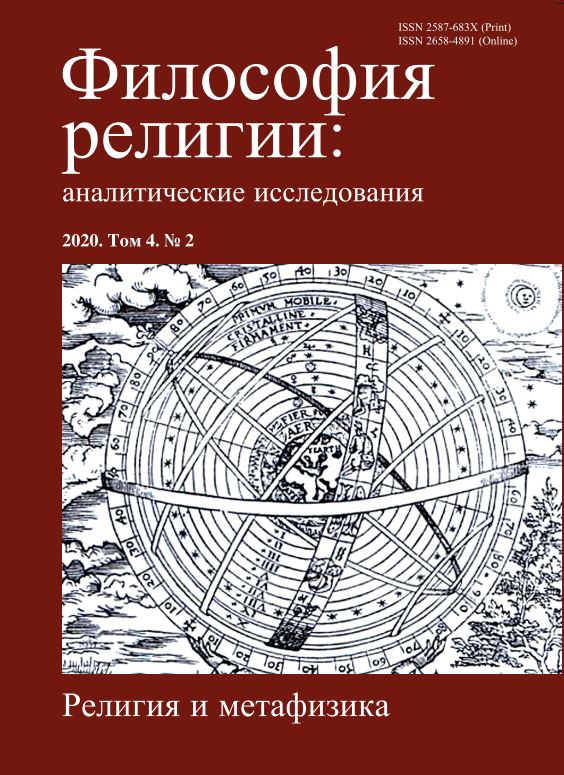Хасдай Крескас о божественном всеведении и человеческом выборе: из компаративной метафизики
DOI:
https://doi.org/10.21146/2587-683X-2020-4-2-129-155Ключевые слова:
божественное всеведение, выбор, иудаизм, Хасдай Крескас, свобода воли, схоластика, философия религииАннотация
Статья посвящена анализу вопроса о параллелях между идеями западных схоластов и иудейских философов XIV–XV вв. на примере одного из известных философов-иудеев Хасдая Крескаса. До 1960-х гг. исследователями было принято рассматривать философию иудаизма в рамках главным образом арабо-мусульманской философской традиции. Однако с выходом знаковой статьи Ш. Пинеса эта тенденция изменилась. Ключевые вопросы, поднимающиеся в главном произведении Хасдая Крескаса – «Свет Господень», близки вопросам, формулировавшимся и решавшимся схоластами. В идеях Крескаса о божественном знании будущих событий, свободе человеческой воли, награде и наказании за поступки усматриваются параллели с идеями разных представителей схоластической философии.Загрузки
Опубликован
2020-12-08
Выпуск
Раздел
ТЕКСТЫ И ИНТЕРПРЕТАЦИИ
Как цитировать
Хасдай Крескас о божественном всеведении и человеческом выборе: из компаративной метафизики. (2020). Философия религии: аналитические исследования, 4(2), 129–155. https://doi.org/10.21146/2587-683X-2020-4-2-129-155

 Материалы доступны по лицензии
Материалы доступны по лицензии
